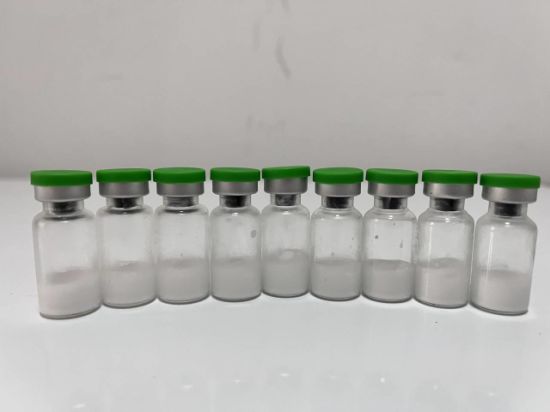
- +86-13363869198
- weimiaohb@126.com

Aug . 13, 2024 13:36 Back to list
Comparing Turmeric and Curcumin for Health Benefits and Culinary Uses in Everyday Life
Turmeric vs. Curcumin Understanding Their Distinct Roles and Benefits
Turmeric and curcumin are often mentioned in discussions about health, wellness, and dietary supplements, yet many people remain unclear about their differences and respective roles. To understand these two terms better, it’s essential to explore what they are, how they relate to each other, and the benefits they offer.
What is Turmeric?
Turmeric, scientifically known as Curcuma longa, is a flowering plant belonging to the ginger family. It is widely cultivated in Southeast Asia and India, and its rhizome (root) is commonly used as a spice in cooking and traditional medicine. Turmeric is best known for its vibrant yellow color, which is primarily due to its active compound, curcumin. In culinary practices, turmeric is used to flavor and color curries, mustards, and a variety of dishes.
Beyond its culinary uses, turmeric has a rich history in traditional medicine systems, particularly Ayurveda and Traditional Chinese Medicine. It is revered for its anti-inflammatory, antioxidant, and antiseptic properties. Traditional uses of turmeric include treating wounds, digestive disorders, and various inflammatory conditions.
What is Curcumin?
Curcumin is the principal bioactive component of turmeric, accounting for about 2-8% of the turmeric root. It is responsible for many of the therapeutic properties attributed to turmeric. Curcumin is a polyphenolic compound and has been the subject of extensive scientific research. Studies have indicated that curcumin exhibits powerful anti-inflammatory and antioxidant effects, making it a potential therapeutic agent for various diseases.
turmeric versus curcumin

The bioavailability of curcumin, however, is relatively low. This means that while curcumin may have significant health benefits, the body does not absorb it effectively when consumed directly from turmeric or curcumin supplements. This challenge has led to the development of various formulations aimed at increasing its absorption, including combining it with piperine (found in black pepper) or using nanoparticles.
Comparing Turmeric and Curcumin
While turmeric and curcumin are interconnected, they serve different roles. Turmeric is the whole spice containing numerous compounds, including curcumin, essential oils, and other curcuminoids. In contrast, curcumin is a single chemical substance derived from turmeric that is often isolated for concentrated supplements or medicinal purposes.
When considering health benefits, turmeric as a whole offers a broader array of nutrients and minerals. It supports digestive health, acts as a natural anti-inflammatory, and boasts antimicrobial properties. Many people prefer using turmeric in cooking or as part of a daily wellness routine due to its flavor and the presence of other beneficial compounds.
Curcumin, on the other hand, is usually taken in higher doses and is often the focus in supplements for targeted therapeutic effects. Many studies have explored curcumin’s role in reducing inflammation linked to chronic diseases, such as arthritis, heart disease, and certain cancers.
Conclusion
In summary, turmeric and curcumin have unique identities and benefits. Turmeric, the whole spice, is rich in a variety of bioactive compounds, while curcumin is the primary active ingredient with potent anti-inflammatory and antioxidant activities. Those looking to enhance their health can benefit from incorporating both into their diets. Cooking with turmeric allows for a flavorful addition to meals, while curcumin supplements can be considered for therapeutic uses. As always, consulting with a healthcare provider is recommended before making significant changes to one’s dietary or supplement regimen, especially for individuals with existing health conditions or those taking medications. Understanding the distinctions between turmeric and curcumin can empower individuals to make informed choices for their health and wellness.
-
High-Quality GS-441524 for White Liquid Type Factories & Suppliers
NewsJul.29,2025
-
High-Quality Pharmaceutical Intermediates for Sale – Reliable Supply
NewsJul.29,2025
-
High-Quality Pharmaceutical Intermediates for Sale - Reliable Solutions
NewsJul.29,2025
-
High-Quality Pharmaceutical Intermediates Supplier for Global Market
NewsJul.28,2025
-
GS-441524 for White Liquid Type Factories – High Purity & Reliable Supply
NewsJul.28,2025
-
Buy 158861 67 7 Peptide for Effective Weight Loss and Muscle Gain
NewsJul.27,2025